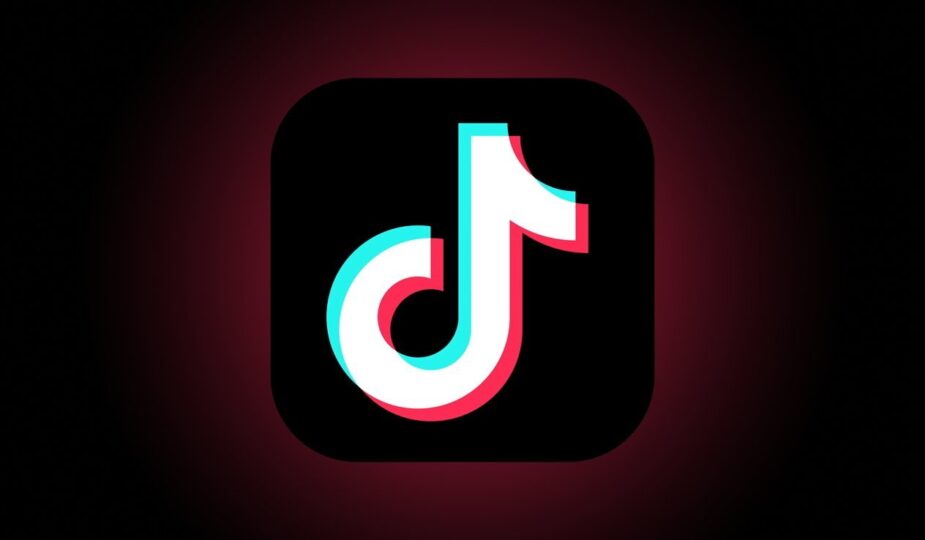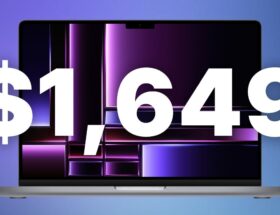 11 Facebook x.com Reddit Bluesky
11 Facebook x.com Reddit Bluesky
The U.S. TikTok ban, years in the making, began early Saturday morning when the company blocked U.S. users, but the whole story remains more about politics than national security.
TikTok
As of January 19, 2025, TikTok will no longer be available in the United States. The app is being removed from Apple's App Store and Google's Play Store, and Oracle must now stop hosting data from U.S. users of the service.
These existing users will only see an explanatory pop-up message when they launch the app. TikTok's owners, Chinese firm ByteDance, are said to be working on allowing users to upload their data and personal information.
A second notice sent to users with the app installed references a dispute with President-elect Donald Trump, despite him initially initiating the ban.
The US has passed a law banning TikTok. Unfortunately, this means you can't use TokTok for now
We're lucky that President Trump has made it clear that he will work with us on a solution to restore TikTok once he takes office. Please stay tuned!
How We Got Here
The ban is actually the culmination of years of policy, but it appears to be because TikTok is owned by a Chinese company. It's claimed that China can therefore force the company to hand over sensitive US user data.
President Trump proposed a ban in 2020,
“As far as TikTok goes, we’re banning them from operating in the United States,” he said on August 1, 2020. “Soon, immediately. I mean essentially immediately. I’ll sign it tomorrow.”
On August 7, 2020, Trump signed an executive order banning TikTok and set a September 20 deadline. The order said that such Chinese-owned apps continued to “threaten the national security, foreign policy, and economy of the United States.”
The order cited the International Emergency Economic Powers Act and banned any transactions between U.S. firms and TikTok owner ByteDance. ByteDance was reportedly in talks before the September deadline to have Oracle take over its U.S. business, and Trump publicly approved the deal — initially.
Then in September 2020, he canceled the Oracle/TikTok deal. It’s unclear why, but it was likely believed that the Oracle deal wouldn’t alleviate security concerns.
TikTok's owners have repeatedly said that concerns about U.S. security are unfounded. The company has said it has robust data protections and rejected claims that the Chinese government had any access.
The ban in September 2020 was first stayed by a U.S. judge. Then, in November 2020, it was blocked by the courts as a violation of the rights of Americans whose income was earned from their work on TikTok.
Biden signs the ban into law
The case against TikTok has not changed or expanded from allegations of China's access to U.S. user data. But in 2024, President Biden signed the ban into law.
“The road to my desk was difficult,” President Biden said. “It should have been easier, and it should have happened sooner. But in the end, we did what America always does — we rose to the occasion.”
In that case, ByteDance was given nine months to dump TikTok. A three-month extension would have been triggered if the company had been in talks to sell the platform.
That extension never happened, but one thing did change: In December 2024, Trump asked for a stay of the ban. There appears to be no technical, security, or legal reason for Trump's request, but any delay would have pushed the ban back into his future administration.
Another thing that has arguably changed in the four years of on-and-off threats of a ban is that TikTok has grown significantly. According to SEO.ai, TikTok now has 150 million users in the U.S., up from 82 million in 2020.
Overall, TikTok has a billion daily active users, so losing 150 million is significant but not fatal. What could ultimately hurt TikTok more is that news of the ban has sent users to alternatives, including RedNote, another Chinese company.
Follow AppleInsider on Google News








